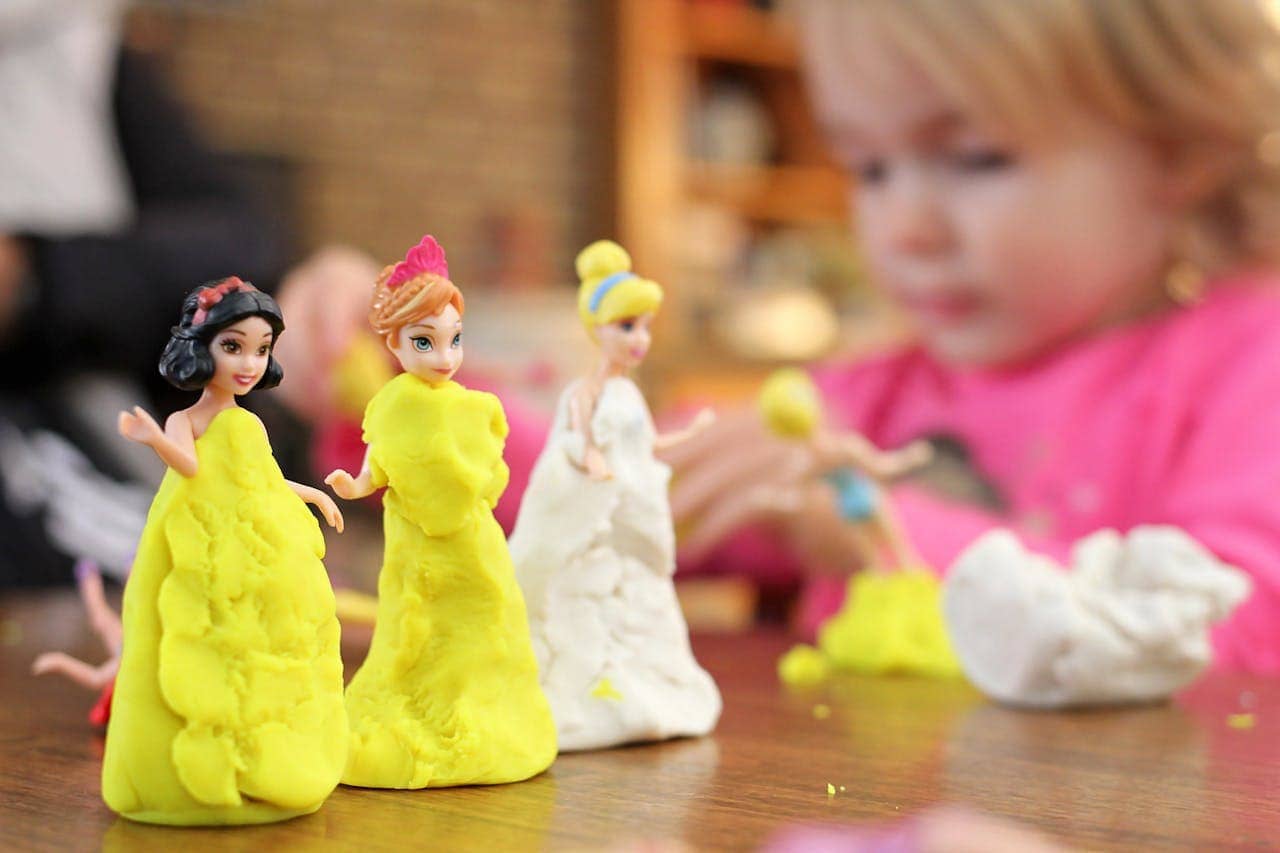Play, often dismissed as mere child’s amusement, represents a sophisticated and essential mechanism in human development. Scientific research has consistently demonstrated that play serves as a fundamental building block for a child’s growth, influencing neural pathways, emotional regulation, and social competence. This comprehensive exploration of play’s scientific foundations will equip parents with the knowledge to create optimal developmental environments for their children.

The Multifaceted Benefits of Play in Child Development
Contemporary developmental psychology recognizes play as a complex, multifaceted phenomenon that serves as the primary vehicle for learning and development. Research indicates that play activates multiple neural networks simultaneously, creating robust connections that form the foundation for future learning.
Cognitive Development Through Play
The cognitive benefits of play are well-documented in neurological research. When children engage in play, particularly in activities requiring problem-solving and strategic thinking, their brains demonstrate increased activity in the prefrontal cortex, the region responsible for executive functions. Studies have shown that children who regularly engage in complex play activities develop:
- Enhanced working memory capacity
- Improved attention regulation
- Superior problem-solving abilities
- Advanced spatial reasoning skills
Learn more about the power of early childhood development and how play contributes to your child’s growth.
Board games, puzzles, and construction play have been specifically linked to improved mathematical and logical thinking abilities in longitudinal studies.
Emotional Intelligence and Play
Play serves as a crucial laboratory for emotional development. Through play, children develop what psychologists call “emotional literacy” - the ability to recognize, understand, and manage emotions. Research demonstrates that children who engage in regular role-playing activities show:
- Better emotional regulation
- Increased empathy
- Enhanced ability to understand others’ perspectives
- Improved stress management capabilities
Explore our guide on managing temper tantrums and strengthening parent-child bonding for more insights.
Physical Development and Motor Skills
The physical benefits of play extend far beyond basic exercise. Scientific studies have established that active play contributes to:
- Enhanced gross motor skill development
- Improved fine motor coordination
- Better balance and spatial awareness
- Stronger bone density and muscle development
- Reduced risk of childhood obesity and related health issues
Learn more about A Parent’s Guide to Limiting Screen Time of Kids.
Social Development Through Play
Play provides a natural context for social learning. Research in developmental psychology shows that children who engage in regular social play develop:
- Advanced communication skills
- Better conflict resolution abilities
- Enhanced cooperation and teamwork capabilities
- Stronger peer relationships
- Improved understanding of social norms and expectations

Educational Play: The Science of Learning Through Engagement
Educational play represents a sophisticated integration of learning objectives with engaging activities. Research in educational psychology has demonstrated that learning through play is more effective than traditional rote learning methods, as it:
- Increases neural plasticity
- Enhances information retention
- Promotes deeper understanding of concepts
- Fosters intrinsic motivation for learning
The Science Behind Educational Toys
Modern educational toys are designed based on principles of cognitive development and learning theory. Research-backed benefits include:
- Enhanced spatial reasoning through construction toys
- Improved language development through interactive books
- Better mathematical understanding through manipulative toys
- Enhanced creativity through open-ended play materials
Evidence-Based Learning Activities
Studies in early childhood education have identified specific play-based activities that significantly enhance learning outcomes:
- Counting and sorting activities for mathematical development
- Nature exploration for scientific thinking
- Art activities for creative expression and fine motor skills
- Music and movement for auditory processing and coordination
The Science of Indoor and Outdoor Play Environments
Research in environmental psychology has demonstrated that both indoor and outdoor play environments contribute uniquely to child development.

Outdoor Play: Nature’s Classroom
Scientific studies have established that outdoor play provides essential benefits:
- Increased vitamin D synthesis
- Enhanced immune system function
- Improved visual acuity
- Better stress reduction
- Enhanced environmental awareness
Indoor Play: The Controlled Learning Environment
Research shows that indoor play environments offer unique developmental advantages:
- Controlled sensory stimulation
- Enhanced focus on specific learning objectives
- Opportunities for fine motor skill development
- Safe exploration of complex concepts
The Neuroscience of Sensory and Imaginative Play
Recent advances in neuroscience have revealed the critical importance of sensory and imaginative play in brain development.
Sensory Play: Building Neural Pathways
Sensory play has been shown to:
- Strengthen neural connections
- Enhance sensory processing abilities
- Improve fine motor skills
- Develop cognitive flexibility
Discover more about sensory activities and indoor play stimulation for your child’s development.
Imaginative Play: The Foundation of Creativity
Research in cognitive development demonstrates that imaginative play:
- Activates multiple brain regions simultaneously
- Enhances creative thinking
- Develops problem-solving abilities
- Strengthens language development
Jean Piaget’s research demonstrated that play is not merely a pastime but a crucial mechanism for cognitive development. His studies showed that children construct knowledge through active engagement with their environment, with play serving as the primary vehicle for this construction.
Lev Vygotsky’s work revealed that play creates a “zone of proximal development,” where children can achieve more with guidance than they could independently. His research established that social play is essential for developing higher mental functions.

Conclusion: The Scientific Imperative of Play
The scientific evidence is unequivocal: play is not merely a childhood pastime but a fundamental mechanism of human development. Research across multiple disciplines - from neuroscience to developmental psychology - consistently demonstrates that play is essential for optimal child development. By understanding and implementing the principles of developmentally appropriate play, parents can create environments that maximize their children’s potential for growth and learning. The science is clear: play is not just fun - it’s fundamental to your child’s development.